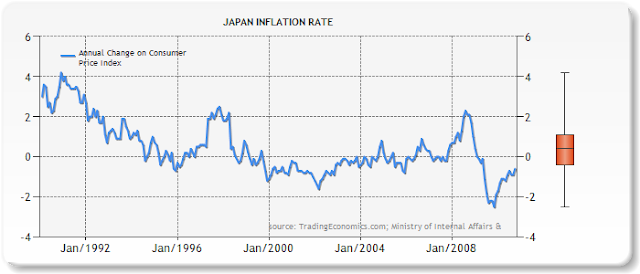Measuring returns: Time-weighted vs Dollar-weighted
Writing for The Globe & Mail, Preet Banerjee has a good column pointing out how different ways of measuring returns produces different results : Time-weighted returns v dollar-weighted returns Let's assume that a portfolio has three years of 20-per-cent annual returns, followed by three years of 0-per-cent annual returns. The time-weighted return is 10 per cent on average for those six years. But this is not accurate if you only invested $1 at the beginning, and then added $100,000 at the start of year four. The end value of this portfolio after six years would be less than $100,002, because while the $1 grew at 20 per cent per year for three years, the $100,000 didn't grow at all. The dollar-weighted return in this case would be virtually nothing. That's in stark contrast to the time-weighted average return of 10 per cent a year. Time-weighted returns can help you figure out whether the investment was a good one in hindsight, but dollar-weighted returns will h...





+straight+line+ascent+(as+of+Nov+7+2010).png)
